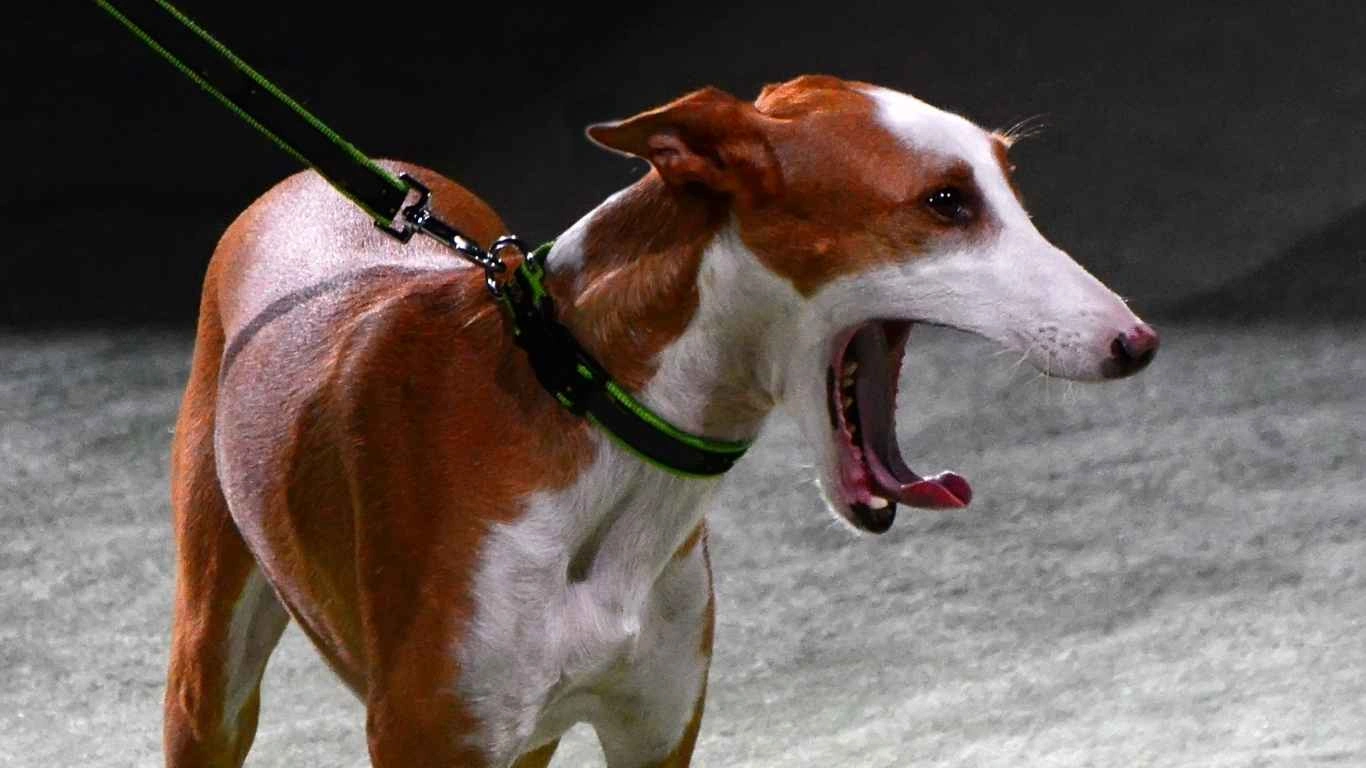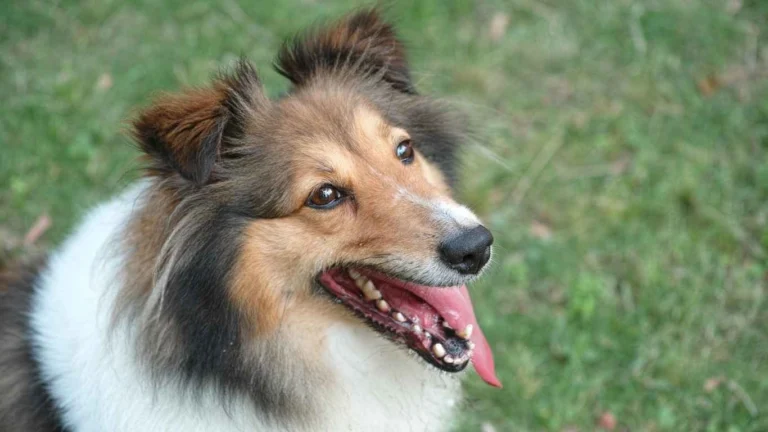Best Foods to Feed Dogs with Underactive Thyroid Safely
It’s always tough seeing your furry friend struggle with their health. If your dog has been more sluggish than usual, gained weight without a change in diet, or is dealing with dry skin or thinning fur, there’s a good chance their thyroid could be involved. These signs often point to a condition called hypothyroidism — and the good news is, with the right care, it’s manageable.
In this guide, we’ll break down what hypothyroidism in dogs really means, how it affects their nutrition needs, and most importantly, how you can support them with the right food choices. No complicated jargon, just helpful, practical advice from experts — because your dog deserves to feel like themselves again.
What Is Hypothyroidism in Dogs?
Hypothyroidism, or an underactive thyroid, means your dog’s thyroid gland isn’t making enough of the hormones that regulate their metabolism. This can slow everything down — from energy levels to digestion and skin health.
The condition is most common in middle-aged to older dogs and is often seen in breeds like Golden Retrievers, Dobermans, Irish Setters, and Cocker Spaniels. While medication is usually needed (like synthetic thyroid hormone replacement), food and nutrition play a major role in managing symptoms and improving quality of life.
Dr. Julie Churchill, a board-certified veterinary nutritionist at the University of Minnesota, explains, “Nutrition doesn’t cure hypothyroidism, but it absolutely supports thyroid health and can make a real difference in how a dog feels and functions.”
Best Foods to Feed Dogs with Underactive Thyroid
Here’s a simple list of thyroid-supportive foods and ingredients that can help. Always check with your vet before making major diet changes, especially if your dog is on medication.
-
Lean Proteins (like chicken, turkey, fish, or eggs)
Protein is the building block of healthy hormones. Dogs with hypothyroidism benefit from high-quality, lean animal proteins that are easy to digest.
Tip: Boiled or baked meats work best. Avoid fatty cuts or deep-fried options. -
Foods Rich in Selenium (like sardines, eggs, or sunflower seeds)
Selenium supports the conversion of thyroid hormones into their active form. It also acts as a powerful antioxidant, helping reduce inflammation.
Tip: Sardines in water (not oil) are a simple way to add selenium and omega-3s to your dog’s diet. -
Omega-3 Fatty Acids (found in fish oil, flaxseed oil, and cold-water fish)
These healthy fats reduce inflammation and support skin and coat health, which is often affected in hypothyroid dogs.
Tip: Start with a small amount of fish oil and check for any digestive upset. Capsules or dog-specific omega supplements are safest. -
Iodine (from seaweed snacks or iodine-fortified foods — with caution)
Iodine is essential for thyroid hormone production, but balance is crucial. Too much or too little can be harmful.
Tip: Don’t supplement iodine without your vet’s guidance. Some dog foods are already fortified. -
Sweet Potatoes and Carrots
These are rich in beta-carotene and fiber, which support immune health and digestion — both important for hypothyroid dogs.
Tip: Serve them cooked and mashed for easier digestion. Avoid adding butter or salt. -
Probiotic-Rich Foods (like plain yogurt or kefir)
Digestive health often suffers in hypothyroid dogs. Probiotics help restore gut balance and improve nutrient absorption.
Tip: Use only unsweetened, unflavored yogurt with live cultures. Some dogs are lactose-sensitive, so test small portions first. -
Complex Carbs (like brown rice or quinoa)
Complex carbohydrates provide steady energy and help avoid blood sugar spikes, which can worsen sluggishness.
Tip: Cooked grains should be plain and well-cooked. Start small and monitor for any GI issues.
Foods to Avoid
Just as some foods help, others can interfere with your dog’s thyroid function or overall health:
- Raw cruciferous vegetables (like broccoli or cabbage) – These can suppress thyroid function if eaten in large amounts, especially raw.
- Highly processed treats – Often contain fillers, additives, or artificial dyes that stress the metabolism.
- Soy-based ingredients – Soy can interfere with thyroid hormone absorption and is best avoided in dogs with known issues.
What the Experts Say
According to a study published by the American Veterinary Medical Association (AVMA), “Nutritional management can be a vital part of treatment for chronic endocrine disorders like hypothyroidism. While medication is essential, a well-balanced diet helps regulate symptoms and supports recovery.”
Additionally, Dr. Jean Dodds, DVM — an expert in thyroid disorders in dogs — notes that “avoiding excessive carbohydrates and ensuring optimal levels of selenium and zinc are part of a smart, supportive diet.”
Extra Tips for Managing Canine Hypothyroidism
Besides food, here are some lesser-known ways to help your dog feel better:
- Regular, gentle exercise – Helps maintain a healthy weight and improves metabolism. Start with short walks and increase gradually.
- Consistent mealtime routine – Hormones thrive on rhythm. Keeping feeding times steady supports better energy and digestion.
- Filtered water – Some tap water contains fluoride or chlorine, which may affect thyroid function over time. A basic water filter can help.
- Minimize exposure to toxins – Use pet-safe cleaning products and avoid pesticide-treated lawns where possible.
Note: These tips are supportive, not replacements for medication. Always consult your vet before introducing new routines or supplements.
Final Thoughts
Feeding a dog with hypothyroidism doesn’t have to be complicated. With the right mix of nutritious foods and lifestyle habits, you can help your dog live a more vibrant, energetic life.
Remember, every dog is different. What works for one may not work for another — and that’s okay. The most important thing is to work with your vet, stay observant, and adjust as needed. A personalized approach, paired with love and patience, makes all the difference.
Your pup may have a slower thyroid, but with your care and attention, they can still have a full, happy tail-wagging life.






